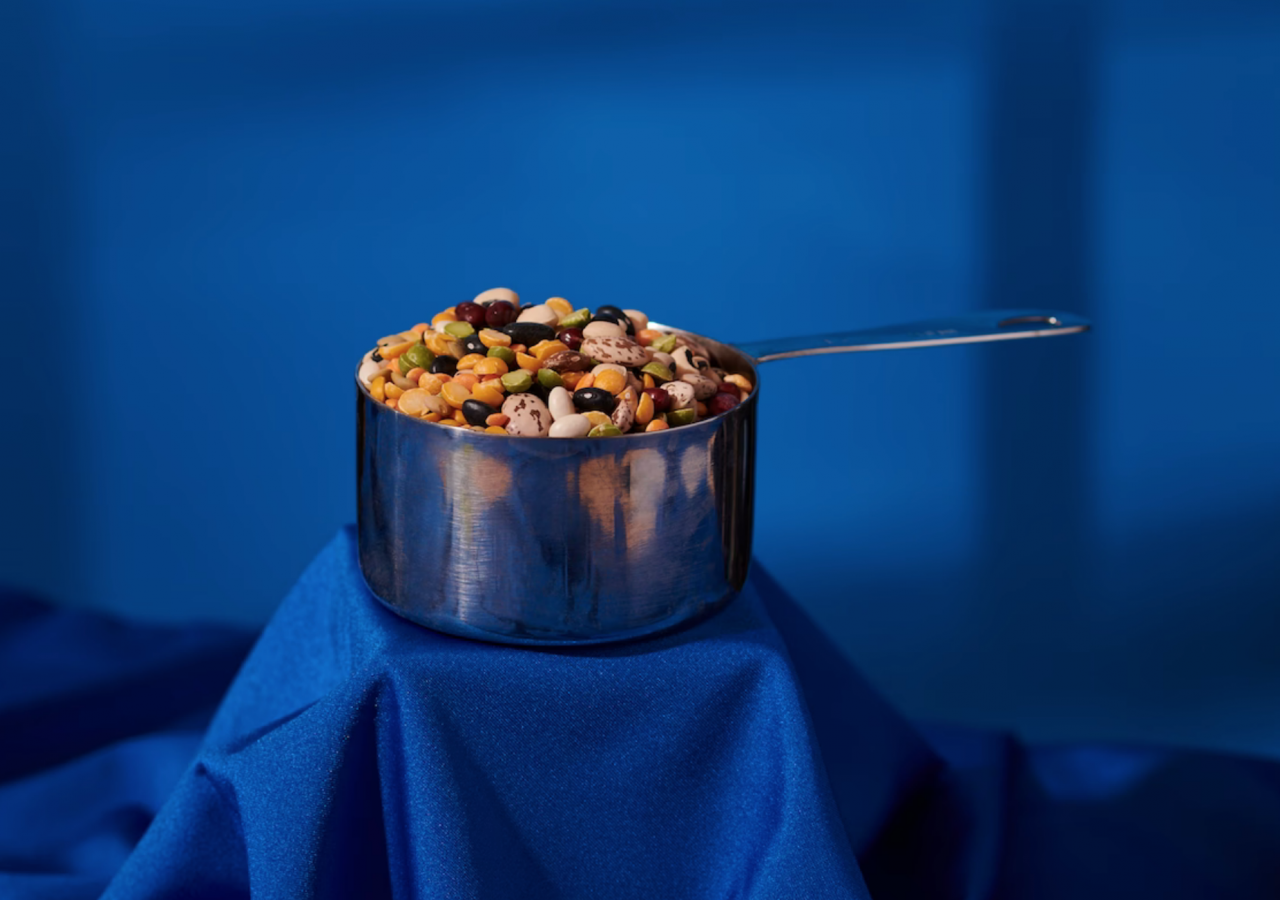There’s no way to guarantee that you’ll live to be 100. But we can learn a lot from studying the eating habits of the world’s centenarians.
Researchers have identified five places in the world where people have exceptionally long life expectancies — frequently living to 100 or beyond. These areas, called “Blue Zones,” include the Nicoyan Peninsula in Costa Rica, the town of Loma Linda in California, and the islands of Okinawa in Japan, Sardinia in Italy and Icaria in Greece.
At first glance, the diets, lifestyles and habits of people in these Blue Zones can seem quite different from one another.
Many of the long-lived people of Sardinia live in mountainous terrain, where they hunt, fish and harvest their own foods — such as goat’s milk, pecorino cheese, barley, and garden vegetables. The long-lived people of Loma Linda are part of a tight knit Seventh-day Adventist community that shuns caffeine and alcohol and eats a largely vegetarian diet; while in Icaria, red wine is a staple, and people eat a typical Mediterranean diet with plenty of fruits and vegetables and modest amounts of meat and seafood.
Okinawans have historically consumed a largely plant-based diet. They get many of their calories from sweet potatoes, tofu, and fresh vegetables that they often pluck from their own gardens. Nicoyan centenarians meanwhile tend to eat a traditional Mesoamerican diet rich in starchy plant foods like corn, beans and squash.
A number of factors appear to influence life expectancy. Some research suggests that genetics account for about 25 percent of a person’s life span, with diet, environment, exercise and other lifestyle factors making up the rest. And studies show that even if you don’t start until middle age or later to make improvements to your diet, you still can add a decade or more to your life expectancy.
Diet alone is not the only factor associated with high life expectancies. Research has shown that people who reside in communities where long life is common, usually have strong connections to friends and family, a sense of purpose and a positive outlook on life. They engage in high levels of physical activity and spend a lot of time outside gardening, farming or socializing with other people in their communities, says Dan Buettner, the author of the new book “The Blue Zones American Kitchen.”
Buettner has spent years exploring, researching and writing about the Blue Zones. He’s also analyzed detailed scientific studies of their diets. He has found that while their dietary habits are different in many ways, they share at least four common denominators. You can incorporate those principles into your own life by doing the following.
• Eat a cup of beans, peas, or lentils every day.
• Eat a handful of nuts daily.
• Eat breakfast like a king, lunch like a prince and dinner like a pauper.
• Eat meals with your family.
Ultimately, while you can’t change your genes, making some diet and lifestyle changes will increase the odds that you get to celebrate a 100th birthday. The secret to longevity, as Kamada Nakazato, an Okinawan centenarian, explained to Buettner, is straightforward: “Eat your vegetables, have a positive outlook, be kind to people, and smile.”
Source and adapted from: https://www.washingtonpost.com/wellness/2023/02/14/centenarians-healthy-...







